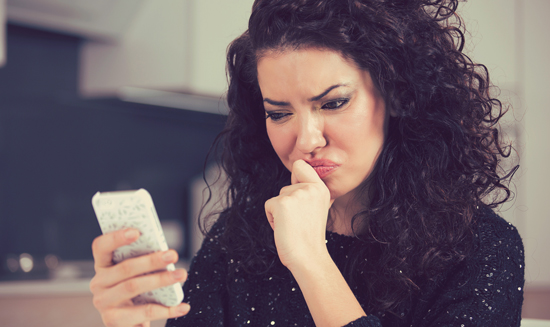
Do you need to deworm twice a year? Or could a parasite cleanse cause more harm than good? See why Nebraska Medicine gastroenterologist Peter Mannon, MD, MPH, urges caution before following this untested TikTok trend.
Most people do not have parasites. "It's unlikely that the average person is walking around with active parasites in their gut," says Dr. Mannon. "I would question the usefulness of these parasite cleanses."
If you've traveled recently to an area with endemic parasites and have unexplained weight loss, then it's possible you could have a parasite. But even then, it's not a sure thing. "When we see people with diarrhea, most test results are negative for pathologic parasites," says Dr. Mannon.
Symptoms of a genuine parasitic infection
Common symptoms of parasitic infection include:
- Fatigue
- Bloating
- Diarrhea after traveling
- Stomach pain
- Nausea or vomiting
- Unexplained weight loss
- Passing worms in your stool
But these symptoms can also indicate many other diseases that are more common than parasites. If you experience symptoms, see your primary care provider. They can use a stool test or blood test to identify parasites in your gut.
The risks of parasite cleanses
Not only is there no upside to these cleanses (since no parasites are there to remove), there are many potential downsides. "The risks depend on the type of cleanse," says Dr. Mannon. Note that parasite cleanses are not tested to see if they work or if they're safe. They haven't gone through any type of Food and Drug Administration (FDA) review or approval process.
The good: strict diet
If you're avoiding gluten, dairy or pork to "starve your parasites," that's not such a bad thing. While it may not clear up any parasites (because there were none to begin with), it shouldn't cause any digestive issues. "For the most part, a strict diet would not be particularly dangerous, unless you exclude essential vitamins and important nutrients," explains Dr. Mannon. Eating healthier is great for your body.
The bad: herbs and other supplements
Other people may try adding supplements like wormwood to their diet. If you're adding dangerous amounts of certain herbal supplements, that could be a problem. "Certain herbal dietary supplements can even cause drug-induced liver disease," warns Dr. Mannon. Check with your doctor before taking supplements, especially if you have a chronic illness that needs to be managed with medication.
The ugly: untested products
Untested products are the worst of all. They don't go through FDA review, and they may contain toxic compounds. "Colon-cleansing regimens being sold, whether pills or enema therapy, can have unexpected consequences. You don't know what's in them," says Dr. Mannon. "They can be contaminated by pathogenic bugs or toxic compounds like lead, mercury or arsenic."
Some of these products act like a laxative, to trick you into thinking it's doing something helpful. If you have excessive diarrhea, you can be at risk for kidney injury. It's best to avoid these products.


